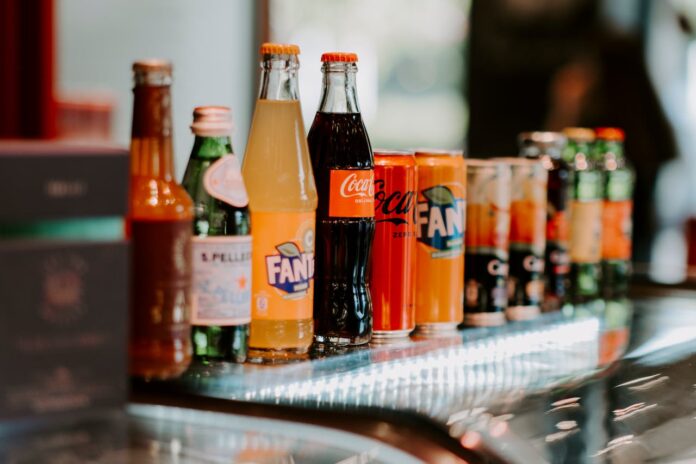A recent survey conducted among retailers reveals that national FMCG (Fast Moving Consumer Goods) brands have a higher selling potential than local brands in the cold drinks category. According to a survey conducted among retailers, 68% of them reported that cold drinks from national FMCG brands sell more than local brands. This finding indicates a clear preference for established national brands in the cold drinks market. The survey highlights the trust and reliability associated with these brands, leading to higher sales and market share.
Several factors contribute to retailers’ preference for national FMCG brands in the cold drinks category. These factors include brand reputation, quality assurance, marketing efforts, and consumer demand. National brands often invest heavily in marketing campaigns, which increases brand visibility and consumer awareness. Additionally, their established distribution networks and supply chain management ensure consistent availability of products, further enhancing their appeal to retailers.
Consumers’ perception and trust in national FMCG brands play a crucial role in retailers’ preference for these brands. National brands have built a reputation for quality and consistency over the years, which resonates with consumers. The trust consumers place in these brands translates into higher demand, making them a preferred choice for retailers.
The preference for national FMCG brands in the cold drinks category poses challenges for local brands. Local brands may struggle to compete with the marketing budgets and distribution networks of national brands. However, some local brands differentiate themselves by focusing on unique flavours, regional preferences, and personalised customer experiences. These strategies can help local brands carve out a niche market and compete effectively.
RTM Watch’s Take
The survey results indicate retailers’ preference for national FMCG brands in cold drinks align with the broader trend of consumers gravitating towards established and trusted brands. National brands’ investment in marketing, quality assurance, and distribution networks gives them a competitive edge. However, local brands can still thrive by leveraging their regional identity, unique offerings, and personalised customer experiences. It is essential for retailers to strike a balance between national and local brands to cater to diverse consumer preferences.




































